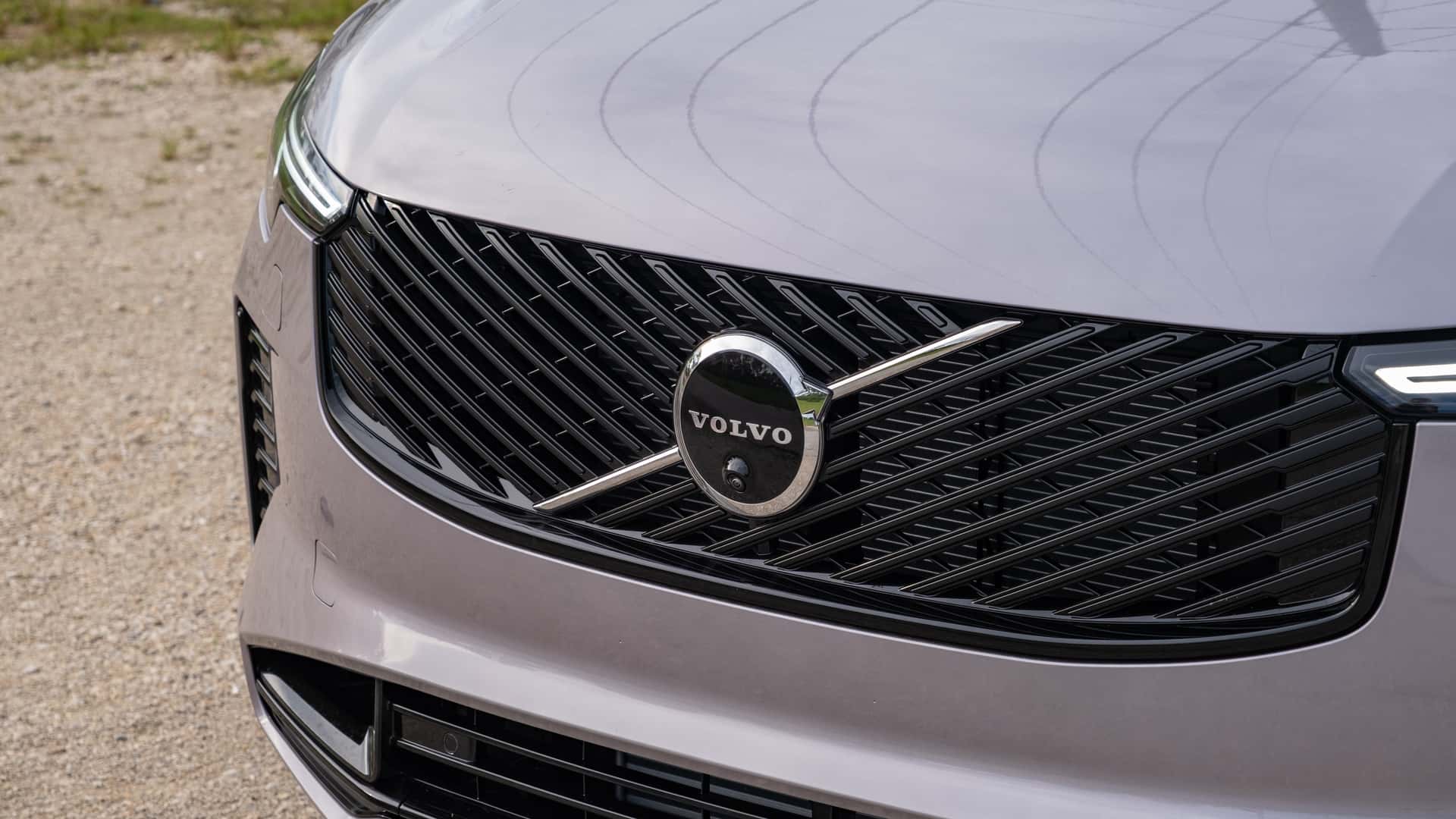
In the first half of this decade, there was a race to set a cutoff date for the ol’ combustion engine. Volvo claimed an early lead, announcing in early 2021 that it would go fully electric by the end of the decade. But like many other automakers, it has since backtracked on that ambitious EV pledge. Last year, the Swedish brand revised its goal: by 2030, 90 to 100 percent of its lineup would consist of either plug-in hybrids or fully electric vehicles.
How’s that working out? Not great. Through September, sales of electric cars fell by 21 percent compared to the same period in 2024. Plug-in hybrids also saw a slight dip, down one percent year-over-year. Combined, PHEVs and EVs accounted for 227,317 units, or just 44.2 percent of total sales. Nevertheless, Volvo still believes the combustion engine’s days are numbered.
Last month, CEO Hakan Samuelsson predicted that the “industry will be electric in about 10 years.” Even so, it now appears the Geely-owned brand will hold on to internal combustion for a while longer. Speaking with Automotive News Europe, the 74-year-old executive admitted that gas engines are likely to remain part of the portfolio until at least the end of the next decade:
'We need a second generation of plug-in hybrids that will last us until the end of the 2030s. We cannot dictate that [end of combustion engines.]'

Volvo is betting on PHEVs as a bridge technology, with plans to sell the reborn XC70 outside of China. It’s already been confirmed for Europe, though Samuelsson says it likely won’t arrive on the continent before 2027. He explained that meeting different emissions and safety regulations takes time, as does adapting the infotainment system to run on Google’s Android Automotive platform.
Models like the new XC70 make sense for Volvo because of their long-range plug-in hybrid setup. The SUV features a chunky 39.6-kilowatt-hour battery good for 112 miles of electric range, though that figure is based on the lenient Chinese CLTC test cycle. It would certainly be lower under WLTP or EPA standards.
Elsewhere, a replacement for the XC90 has also been confirmed. The full-size luxury SUV received its second facelift about a year ago, but at 10 years old, it’s showing its age. According to Automotive News, its successor may not arrive until 2028. When it does, it'll be available as an extended-range electric vehicle (EREV) with around 100 miles of electric range.
2026 Volvo XC70







Samuelsson sees potential for EREVs. Unlike a conventional plug-in hybrid, where the engine powers the wheels directly, an EREV’s combustion engine acts solely as a generator to charge the battery. This setup addresses range anxiety without requiring a massive battery. Samuelsson refers to EREVs as the “second generation of hybrids” or “more of an electric car with a backup engine."
Whether in PHEVs or EREVs, the combustion engine still has a future in Volvo’s lineup despite earlier plans for retirement. The company stopped making diesels last year but intends to keep gasoline engines around for another 15 years or so.








